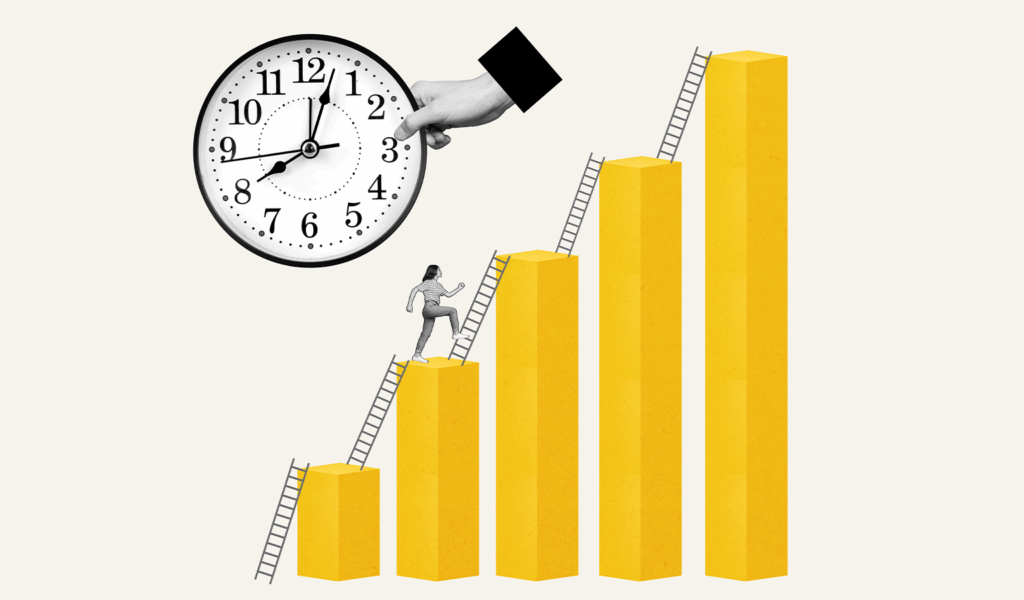sales
How to Ask Questions with Power
Most experienced B2B sales leaders will tell you their best sales people are great at asking questions. They’re fundamental to understanding buyers, conveying value and uncovering critical information. In his outstanding book The Sales Acceleration Formula, Mark Roberge describes how he built his sales team and took Hubspot from zero to $100 million in sales by hiring and developing sales people that understand how to ask great questions.
“Great salespeople educate potential customers through the questions they ask. Their questions are thought-provoking and elicit introspection.”
Let’s take a quick look at how to ask good questions—questions with the power and impact to connect with buyers, show thought leadership and uncover the challenges necessary to move opportunities forward.
Good seller to buyer dialogue usually starts with open-ended questions and then drills into specifics. So let’s focus on how to ask good open ended questions.
Open ended questions: the good… and the bad
Good open ended questions frame the discussion but also allow free-flowing answers from the buyer. They’re not too restrictive, but they also keep the discussion around areas we can help the buyer. Bad open ended questions are usually too broad, and leave the buyer with a “Wow, where do I start” feeling.
Examples of bad open ended questions:
“Can we talk about your key goals and initiatives?”
“What’s challenges are preventing you from reaching your goals?”
“What’s keeping you up at night?”
Why they are bad:
Too broad. They don’t frame the discussion enough.
They’re off-putting to today’s super-busy B2B buyers. Buyers don’t have time for this kind of “Let’s start from the beginning” nonsense.
Buyers are talking to you for a reason and want to get to the point and find out if you are someone that can help them. Most don’t want to give you a 15 minute confessional to get you in the game.
Examples of good open ended questions:
“As you probably know, we help teams looking to sharpen their sales execution and improve alignment between marketing and sales. Could you discuss some of your objectives in this area?”
“When we first engage with organizations that ultimately become clients, most are struggling in areas like managing and distributing content to the sales team, keeping resources updated and visibility into what’s being used in the field. Would you mind discussing how you feel your team is doing in this area?”
“On average, we’re able to reduce the time sales people and other team members spend looking for information and resources by 25%. Could you talk about how your team is doing in this area and any related goals you might have?”
Why they are good:
They frame the conversation and focus the response in areas where you can help. They allow for open ended discussion, but with boundaries.
By mixing in challenge and outcome statements in the framing, you’re sharing industry pain points and logical desired outcomes as a part of your question. This helps connect the dots for buyers, and confirms why they are talking to you.
Buyers appreciate these kinds of questions because they demonstrate understanding—enabling the discussion to deepen quickly. In short, it cuts unnecessary alignment questions buyers see as a waste of time, and focuses the conversation on the buyer’s real issues and objectives.
Drill down questions—where the true art of questioning begins
Open ended questions are relatively easy to train and learn. Once you get the framing technique with an embedded challenge or value statement, they come fairly easily.
Drill down questions require a higher skill level. Not only do you have to listen intently to what the buyer is saying, but you have to be quick on your feet to ask good, relevant follow-up questions. It can’t be, or at least sound, scripted.
We’ll cover drill down questions in the next article “How to Ask Great Drill-Down Questions.”
Try adding some framing statements [with embedded challenges or outcomes] to your open ended questions. You’ll find your conversations stay more focused, and you’ll gather more of the critical information you need faster.
Hope you have your best year ever.











